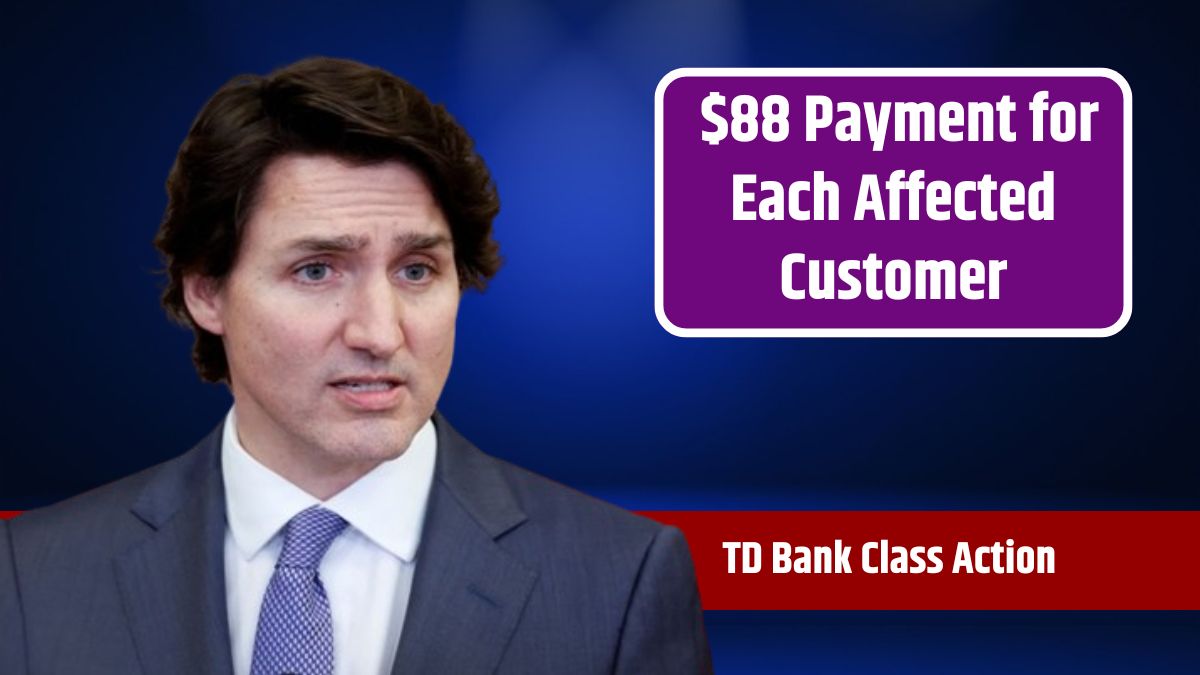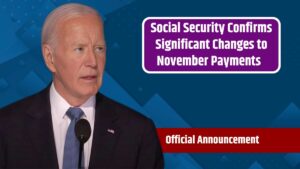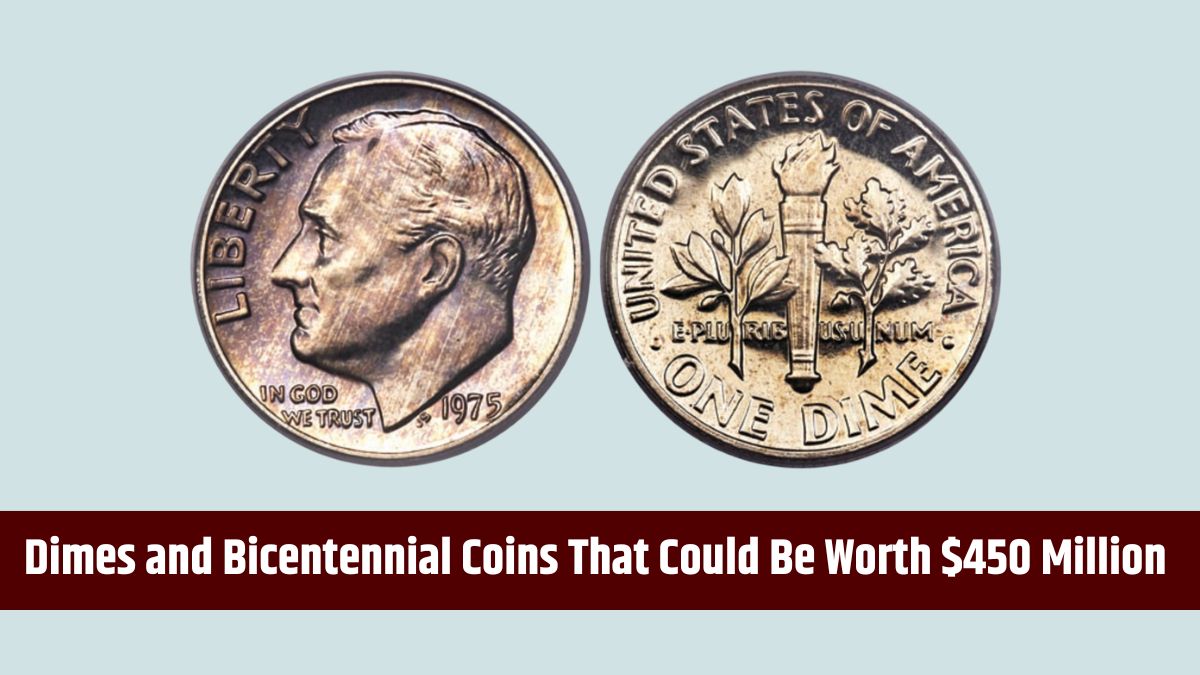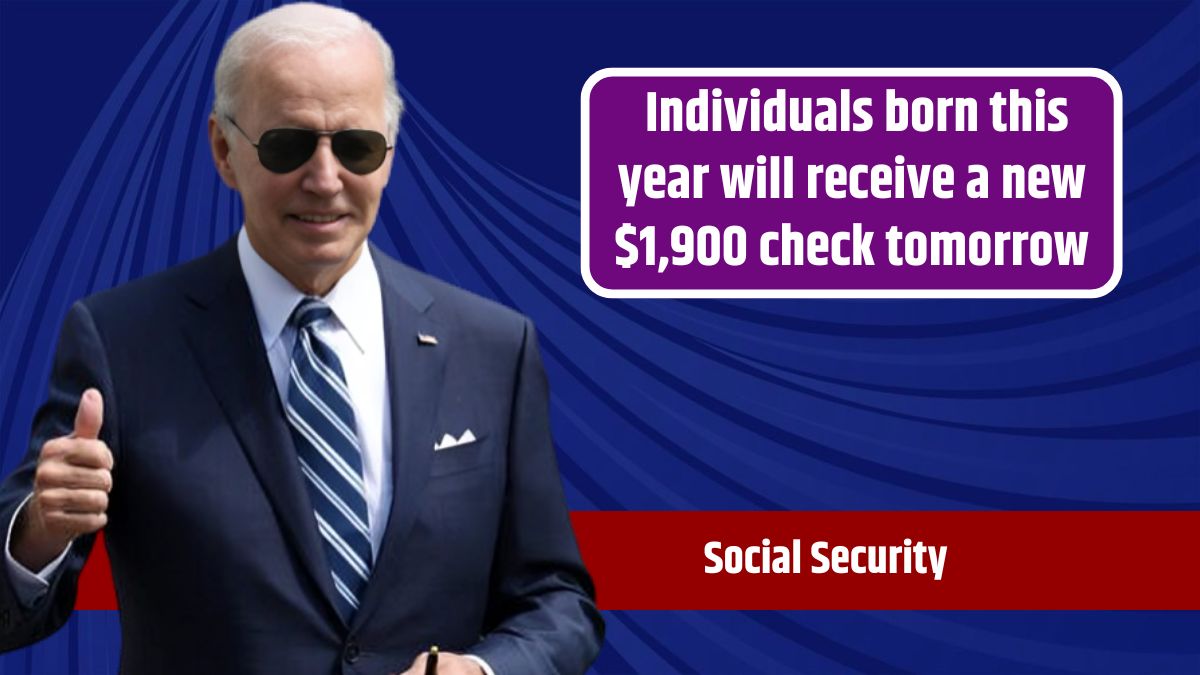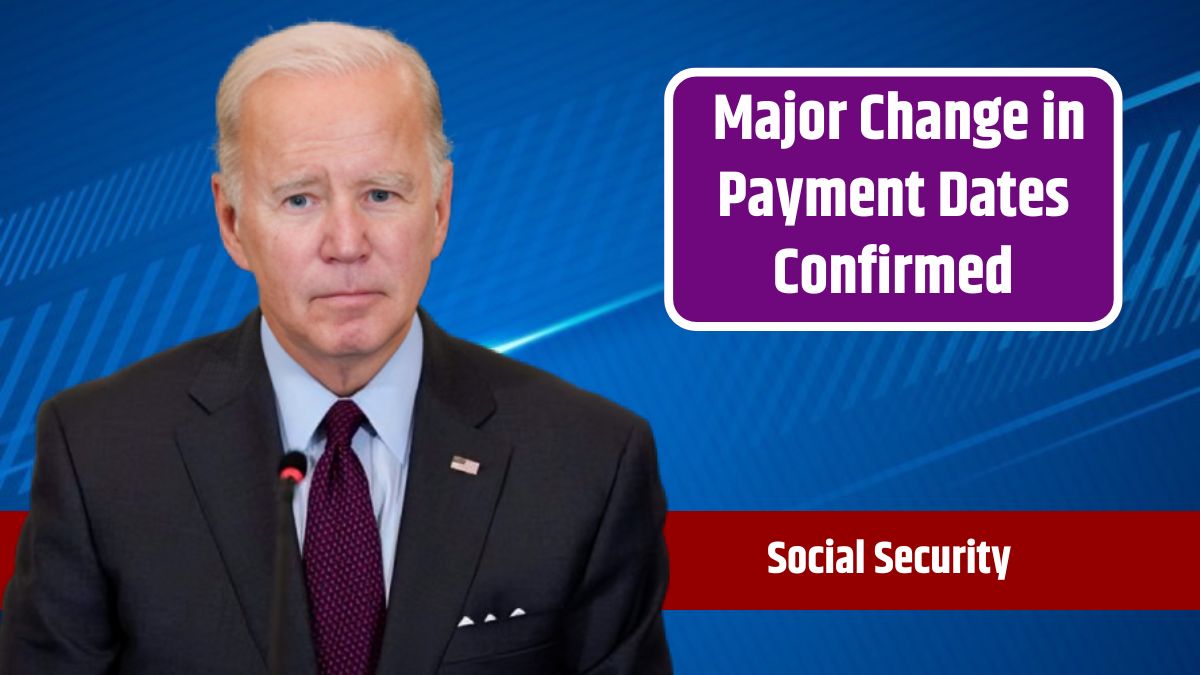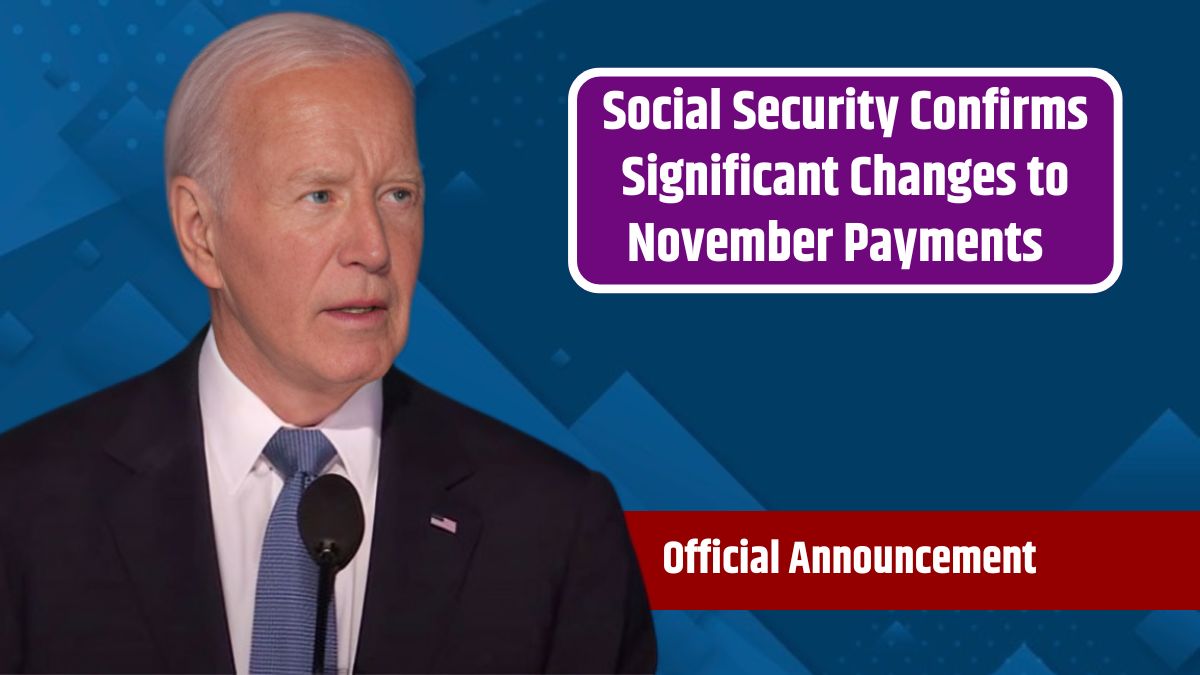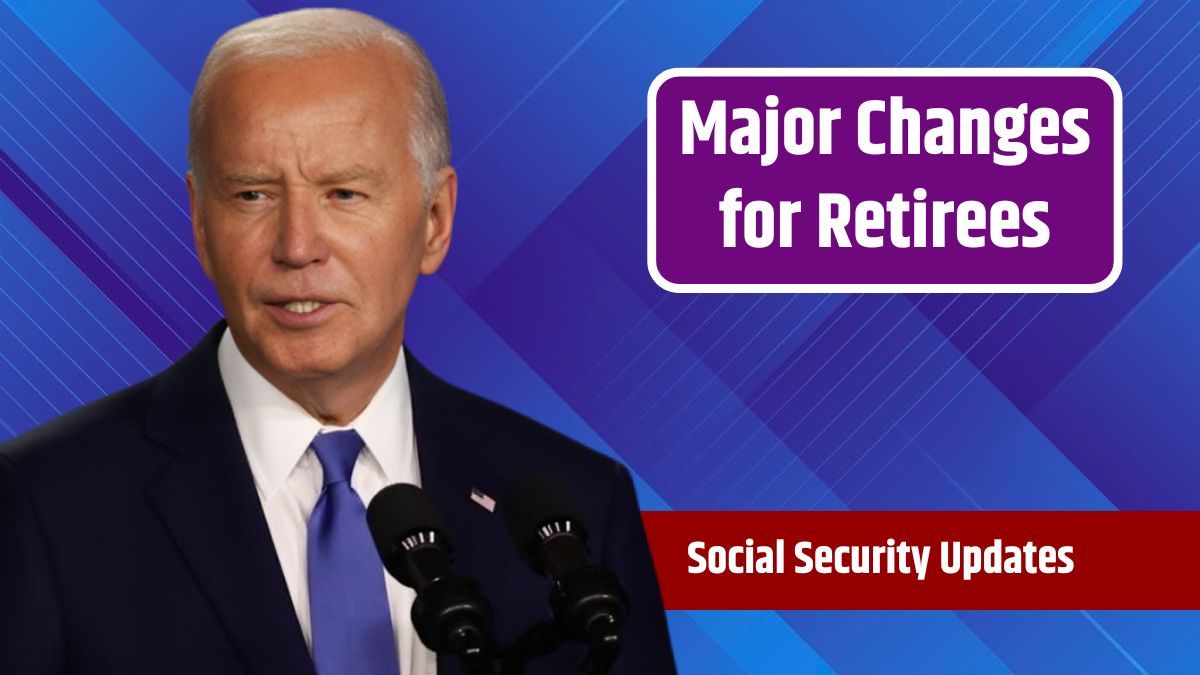A significant development is underway for TD Bank customers as they may be entitled to a portion of a $15.9 million settlement due to a class action lawsuit. The lawsuit claims that TD Bank improperly charged non-sufficient funds (NSF) fees without adequate notification, and a potential settlement is expected to be finalized in 2024. Here’s everything you need to know about the TD Bank Settlement, eligibility, and how you could receive a $88 payment.
TD Bank
The class action lawsuit against TD Bank, filed in 2021, revolves around allegations that the bank unlawfully imposed multiple NSF fees on customers for the same transaction. NSF fees are charged when an account doesn’t have enough funds to cover a check or pre-authorized debit payment. The lawsuit claims that TD Bank charged these fees repeatedly for a single transaction without properly informing customers.
To resolve the lawsuit, TD Bank has agreed to a $15.9 million settlement, which is pending court approval. The settlement hearing is scheduled for February 13, 2024, where the court will determine whether the settlement amount fairly compensates the affected customers.
Key Details:
- Class Action Hearing Date: February 13, 2024
- Settlement Amount: $15.9 million
- Law Firm: Koskie Minsky LLP
- Eligibility Period: February 2, 2019, to November 27, 2023
- Contact: tdbankclassaction@kmlaw.ca
Eligibility
To be eligible for a portion of the TD Bank settlement, you must meet the following criteria:
- Residency: You must be a Canadian resident.
- Account Status: You must currently hold, or have previously held, a personal deposit account at TD Bank.
- NSF Fee Charges: You must have been charged NSF fees on pre-authorized debit transactions between February 2, 2019, and November 27, 2023.
Not every participant in the class action will receive compensation. Payouts are limited to individuals with active accounts during the settlement distribution and who were assessed NSF fees within the specified period.
Amount
If the settlement is approved, each qualifying class member will receive approximately $88 deposited directly into their TD Bank account. This amount is based on the standard $48 NSF fee that customers were allegedly charged multiple times for a single transaction, according to the lawsuit.
Important Dates
The court will hold a hearing on February 13, 2024, to determine the fairness of the $15.9 million settlement. If the court approves the settlement, TD Bank will begin distributing the payments to eligible customers shortly thereafter. It’s important to note that if you disagree with the proposed settlement, you have until January 26, 2024, to continue participating in the class action.
The TD Bank Settlement 2024 offers eligible customers a chance to receive compensation for improperly charged NSF fees. If you qualify, you could receive a payment of around $88 directly into your account. Keep an eye on the court’s decision in February 2024, and make sure your account information is up to date to ensure you receive your payment if the settlement is approved.
FAQs
What is the TD Bank Settlement 2024 about?
It’s a $15.9 million settlement for TD Bank customers who were improperly charged NSF fees.
Who is eligible for the settlement?
Canadian residents who held personal deposit accounts at TD Bank and were charged NSF fees between February 2019 and November 2023.
How much will I receive if I’m eligible?
Eligible customers are expected to receive around $88.
When will the settlement be finalized?
The court hearing is scheduled for February 13, 2024.
How will the settlement payment be made?
Payments will be deposited directly into the accounts of eligible customers.
